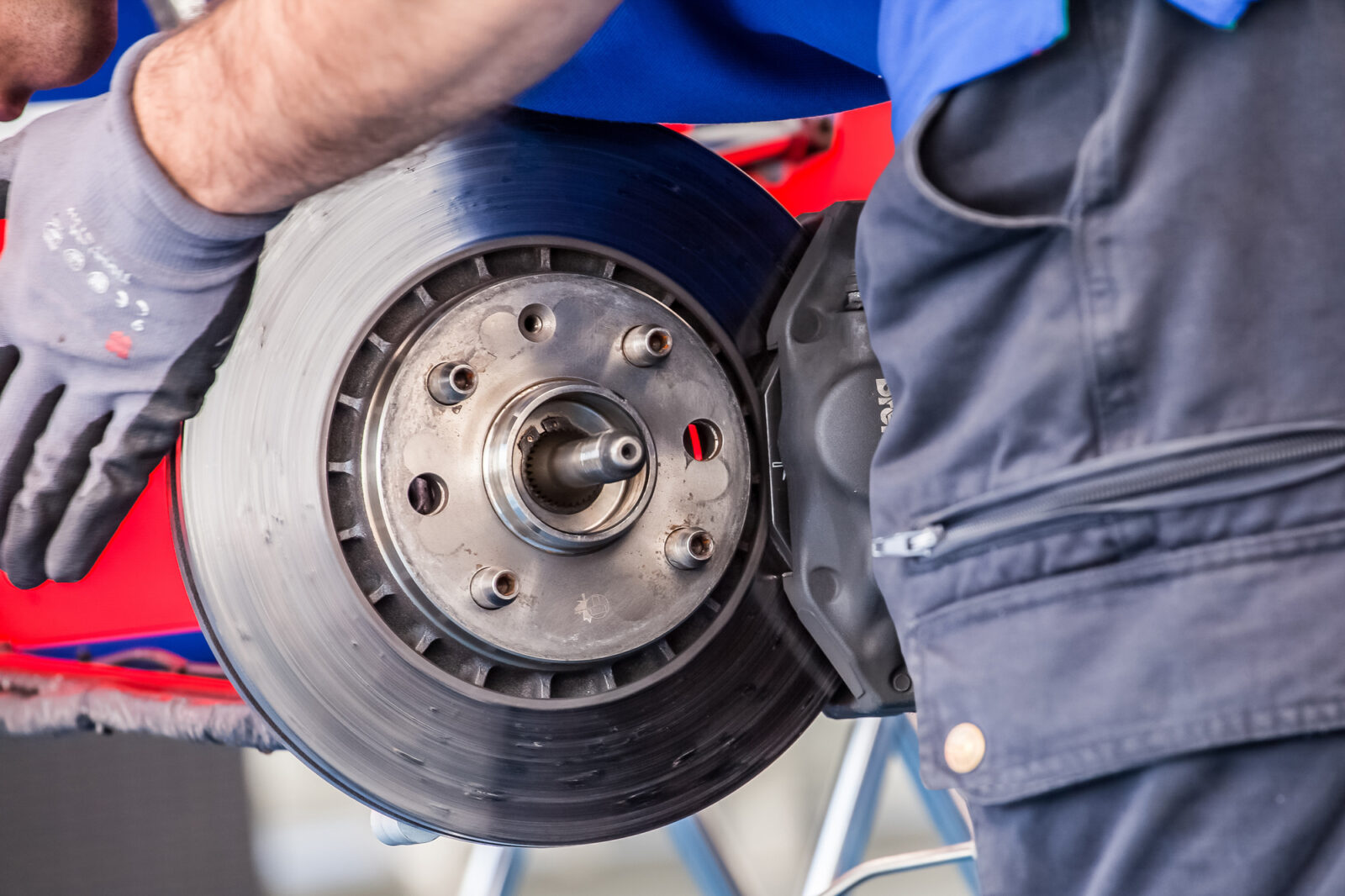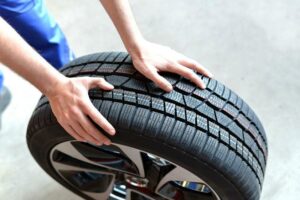According to NHTSA data, brake failure takes second place for crashes attributed to vehicles. It’s an alarming statistic, mostly because people are often confused about when they need to replace their brakes.
Brakes can last anywhere between 20,000 and 70,000 miles. This number depends on driving conditions and the driving style of the person behind the wheel. The variance between those numbers is higher than, for example, getting an oil change (every 5,000 to 7,000 miles).
Knowing how to tell if you need new brakes is quite challenging if you’re going by the mileage. Because of the wide range, relying on mileage to recognize when to change the brakes is ill-advised.
Fortunately, you can pick up on better clues that your car is due for a brake change. Keep your eyes and ears open for these warning signs!
How to Tell if You Need New Brakes by Listening
Brake pads wear out. That’s by design. Their job is to take the brunt of the friction needed to stop the momentum of four thousand pounds of steel.
Every time you step on the brake pedal, brake pads lose a bit of material. Thankfully, manufacturers put an indicator that gives an audible warning if the brake pad gets too thin. This indicator is a metal shim that produces a high-pitched screeching or squealing sound when you apply the brakes.
Stay alert for that sound, and you can discern how to tell if you need new brake pads.
What if, Instead of a Screech, You Hear Grinding or Growling?
That’s a more ominous sign. The sound you’re hearing is that of metal scraping against metal. That means that the pads are completely spent and that the caliper is grinding against the rotor.
Using your brakes further can cause severe damage to your rotor. Frankly, by the time you hear a growling sound, the damage may have already been done. It’s unfortunate, but that’s how to tell if you need a new brake rotor.
Use Your Eyes
It’s a good idea to get into the habit of looking at your brakes from time to time. It’s appalling that not many people take the time to do this, considering how crucial brakes are to a car.
Look through the spokes of your car’s wheels and inspect the brakes. Locate the pad and estimate the thickness. If it’s less than a quarter of an inch, it’s time to schedule an appointment to replace your brake pads.
If you have a more modern vehicle, check your dashboard. It may have an indicator light that lets you know if one or more of your pads need replacing.
Feel the Responsiveness and Vibrations When Braking
How fast do your brakes respond when you step on it? Is it slower to engage? The issue might be with your vehicle’s brake line, which may have a leak or air inside.
Feeling vibrations while applying the brakes is another worrisome sign. While it may just indicate that your wheels are out of alignment, it can also mean that you have warped rotors.
Don’t Compromise on Safety
Now that you know how to tell if you need new brakes, you should take action right away! It’s best to get it looked at by the experts before these issues become a more costly repair job or get you involved in a serious accident.
If you see any of these signs, don’t hesitate to contact us. We’ll do everything to make your car road-worthy ASAP.




